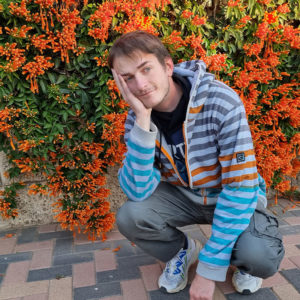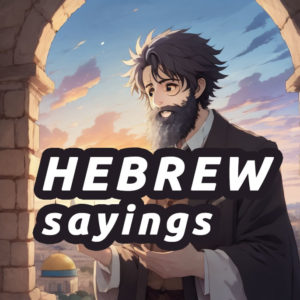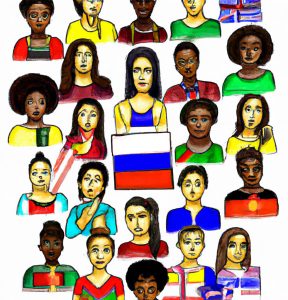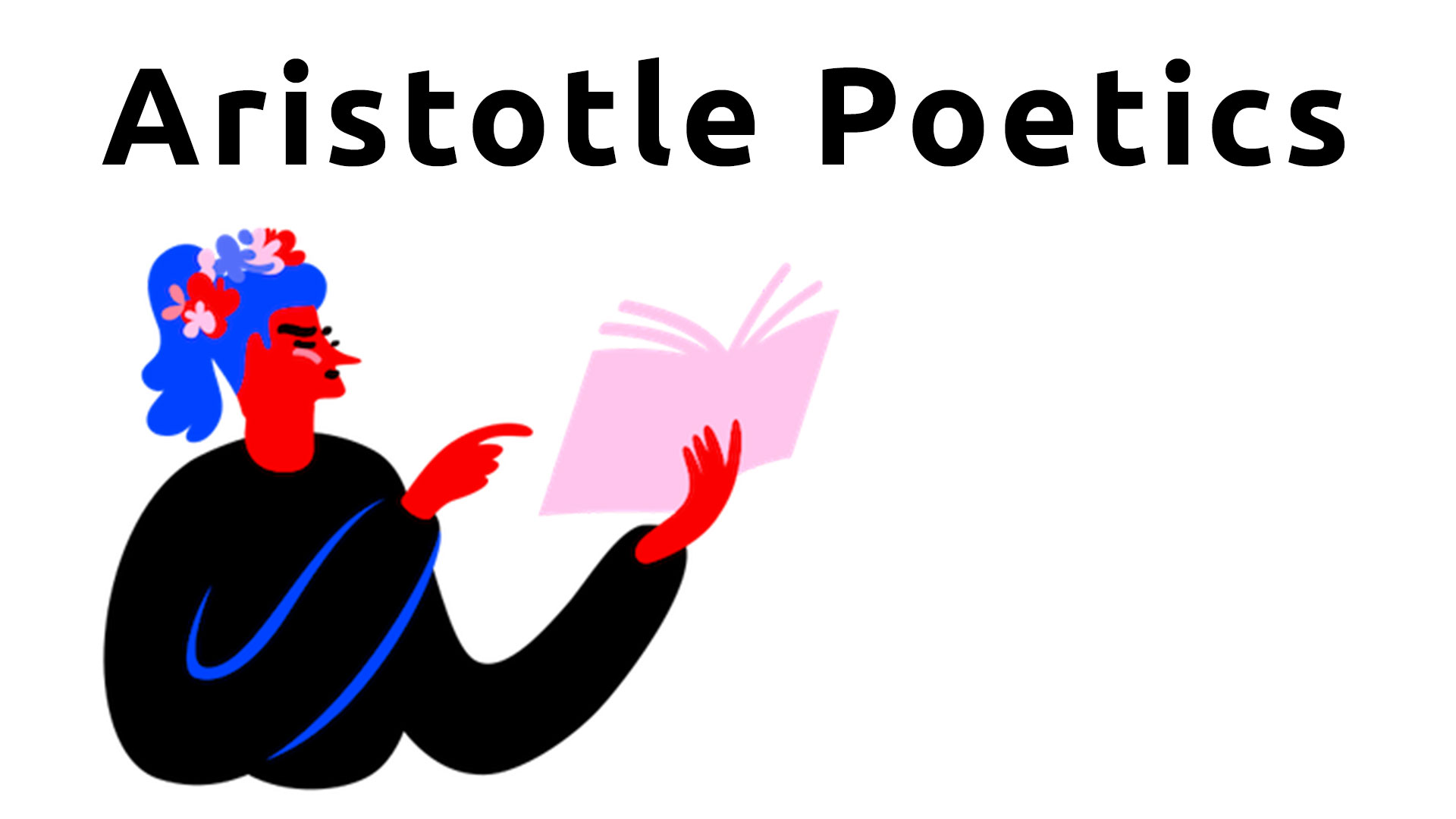Immigration to Israel – Aliyah personal experience
Memo to a new immigrant on my experience
All materials are compiled from personal experience of recent repatriation to Israel and communication with a large number of similar sufferers of the local bureaucratic system. This is the most up-to-date and complete list of materials with the best tips and tricks we have learnt through experience. We hope that this article will help you to make friends with the Israeli bureaucracy and quickly process all the documents.
Before arriving in Israel
- join social networking groups in your city
- learn how to search for accommodation through social networks (short-term rentals are called “sablet”) – there are groups called “Haifa sablet”, “Tel Aviv rentals” etc. Long-term rentals are searched at yad2.co.il/ with browser translation
- look for accommodation on airbnb (you can try to negotiate with the host to pay cash)
- find the nearest place in your city to buy a ravkav transport card and get the rav-kav online application
- First of all, it’s worth installing applications: moovit, Google maps, if by car – Waze; for registration with ministries – MyVisit and GoVisit (queue appointment); locals use Bit and Paybox for payments; application to learn to write in Hebrew – Write it! Hebrew; bank, mobile phone and health insurance application – install it as soon as you are registered in Israel
- do not forget to activate roaming on your mobile
At Ben-Gurion Airport
Once you arrive in Israel with a repatriate visa, you may be met at the exit of the plane (if you take an organised flight), or you may have to find the office of the Ministry of Aliyah and Integration at the airport yourself. To find this office yourself, watch our vlog about how we flew to Israel ourselves without Sohnut.













